US threatens to sanction European firms helping Nord Stream 2 pipeline
The US State Department has warned European companies which it suspects are involved in building Russia’s Nord Stream 2 gas pipeline that they face the risk of sanctions, according to two sources.
“We are trying to inform companies of the risk and urge them to pull out before it’s too late,” Reuters quoted a US government source as saying on Tuesday.
Russia restarted construction of the politically-delicate pipeline to Germany in December after the construction work on the $11.6 billion pipeline, which will bypass Poland and Ukraine, was put on a halt for a year over Washington’s threat of sanctions.
The consortium -- led by Russian gas giant Gazprom -- has yet to lay more than 100 kilometers of pipeline, though more than 90 percent of the project has reportedly been completed.
The new warning comes as the outgoing administration of President Donald Trump prepares a final round of punitive measures against the project.
The Trump administration opposes the project saying it would increase Russia’s economic and political leverage over Europe. Moscow and Germany, however, say Nord Stream 2 is a commercial project.
Berlin says it needs gas as it shuts coal and nuclear plants over environmental and safety concerns.
It is uncertain whether President-elect Joe Biden, who opposed the project when he served as vice president under Barack Obama, would be willing to compromise on the project after he takes office on Jan. 20.
The US sources, who spoke on condition of anonymity, said the State Department is likely to issue a report by Thursday or Friday on firms it believes are helping the project.
The companies include those that provide insurance, help to lay the undersea pipeline, or verify the project’s construction equipment, the sources said.
Zurich Insurance Group, a Swiss insurance company, could be one of the companies, but it did not immediately respond to a request for comment.
Gazprom’s Western partners in the project include Germany’s Uniper, BASF’s Wintershall Dea, Anglo-Dutch oil major Shell, Austria’s OMV and Engie.
European firms, including German ones, have received the inquiries from the Trump administration since October about their activities pertaining to the project, said a US based industry source who has seen the State Department communications.
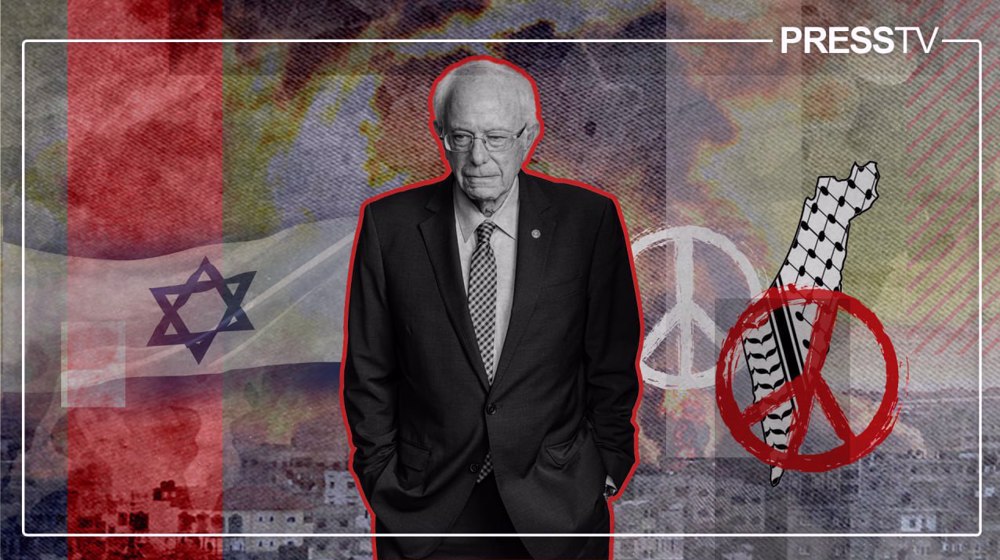
How Bernie Sanders condemns genocide in Gaza without actually condemning it
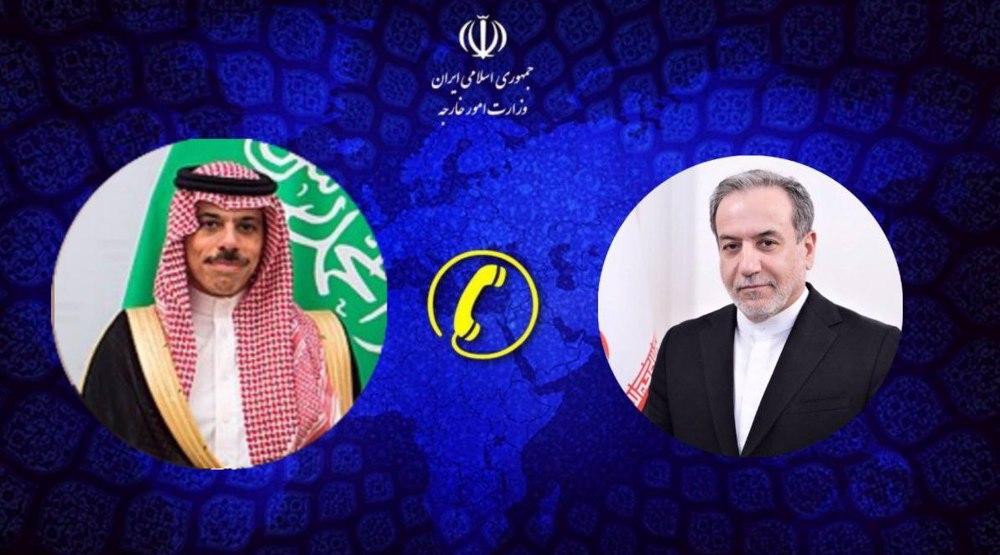
Iranian FM informs Saudi counterpart about indirect talks
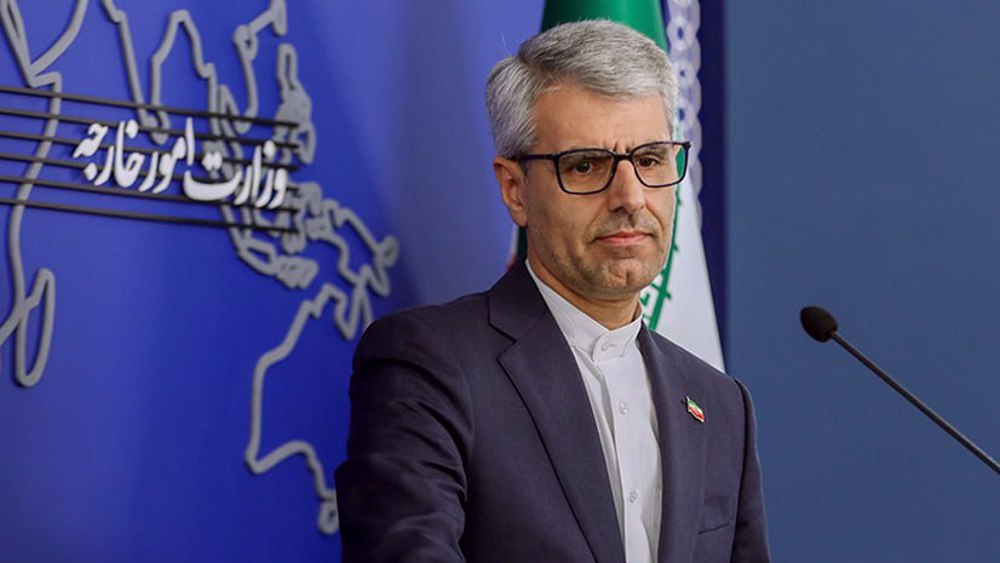
Iran: Second round of indirect talks with US will be held in Oman
Gaza death toll hits 51,000 as Israel presses ahead with genocidal campaign
Iran, Turkey foreign ministers discuss Muscat talks, other regional issues
Harvard president says top university not to yield to federal demands over student rights
VIDEO | Hundreds of Israeli settlers storm Aqsa Mosque as West Bank raids claim another life
Israel-Meta nexus stifles pro-Palestine voices on Facebook, Instagram amid genocide
Iran gears up for largest trade event on upbeat mood
Leader: Indirect Oman talks ‘good’ in early stages but lack of trust 'remains' about other side
US slavery emancipation day celebrated in Washington


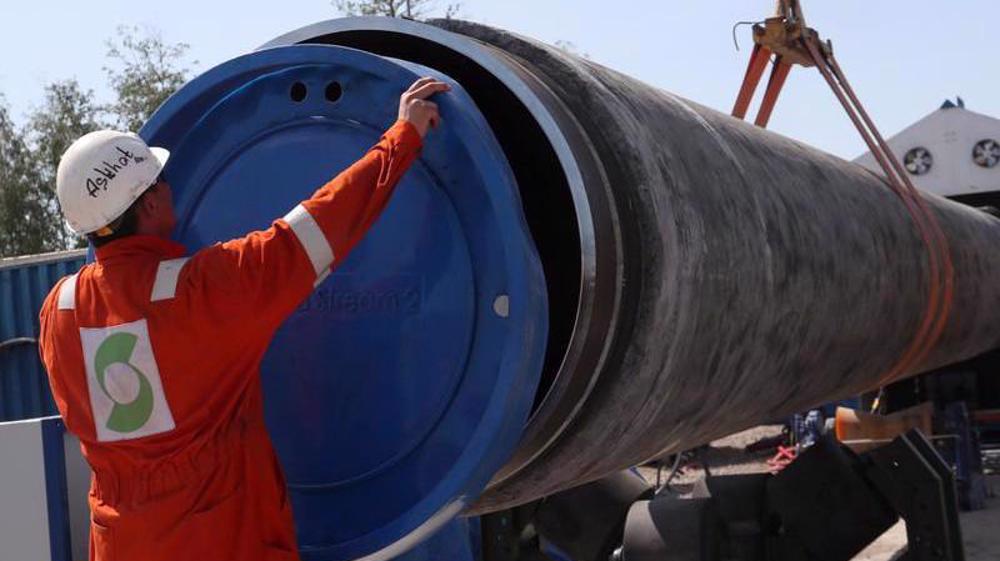




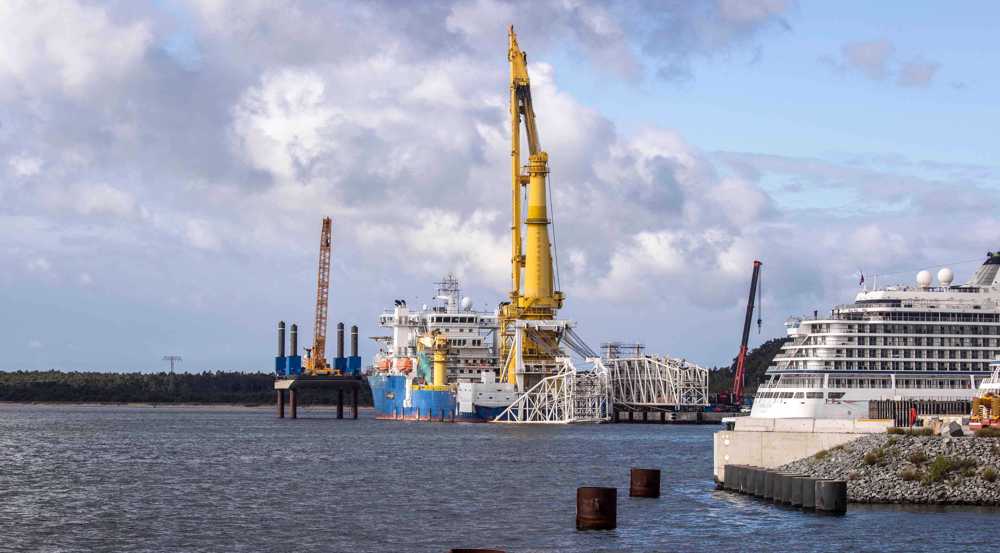


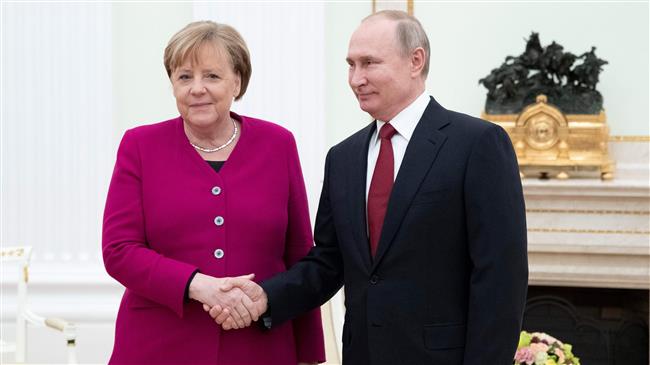

 This makes it easy to access the Press TV website
This makes it easy to access the Press TV website